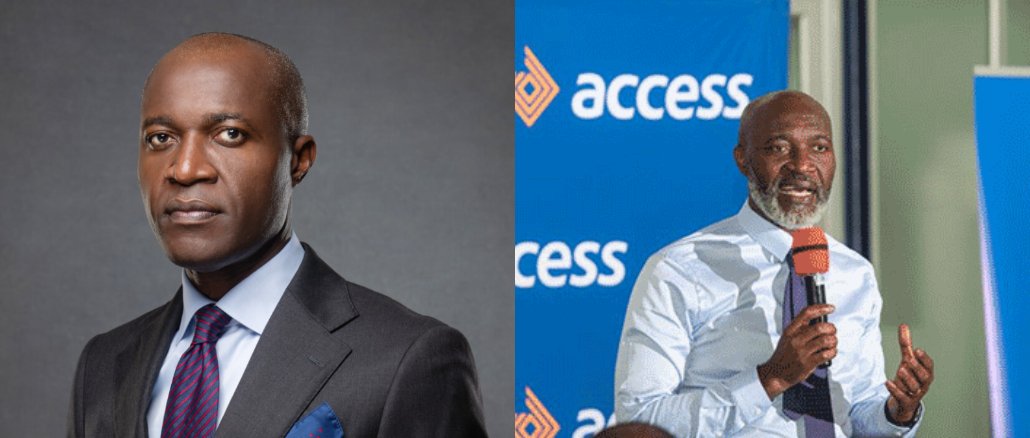- CEO Roosevelt Ogbonna of Access Bank Plc is under public scrutiny.
- Criticism stems from his purchase of a £15 million mansion in Hampstead, London.
- The property is located in an exclusive area known as “Billionaires’ Row.”
The Chief Executive Officer (CEO) of Access Bank Plc, Roosevelt Ogbonna, is facing public criticism following the purchase of a £15 million mansion located in Hampstead, London one of the city’s most exclusive neighborhoods, often referred to as “Billionaires’ Row.”
The property, acquired in August, features a spa, entertainment suite, and several luxury amenities. It was previously listed for £15 million in 2021.
Civil society organisations, including Transparency International Nigeria (TIN), have voiced concerns about the transaction’s transparency and source of funding.
Auwal Musa Rafsanjani, head of TIN, stated:
“The issue is that he should declare his assets and taxes to the government and explain how he got the money. We have tried to encourage the UK to extend this new law on unexplained wealth. If he is a public officer, he must indicate how he got the money. Politicians now understand that under UK law, they cannot loot money, buy houses, and avoid declaring how the money was made. So, they are using lawyers and bankers to do this. Unfortunately, some lawyers and bankers are now serving as gateways for looted funds, helping public officers hide money in properties under the guise of private ownership. There is a need for the Federal Inland Revenue to investigate why he has not declared taxes amounting to the kind of money he has sent abroad. He must explain how he made that money. The unexplained wealth law should not apply only to public officials. It should also apply to those holding or transferring public officials’ money under false pretence, claiming it as their own when it is not. CISLAC strongly calls on the FIRS authorities to expand their oversight on some of these so-called financial institutions. In any case, financial institutions consistently refuse to declare their assets. We cannot fight corruption if we fail to address corruption within the financial system itself.”
He added:
“He must declare how he made the money because, as CEO, he does not solely control the bank’s resources. There is a board overseeing operations. The failure of banks to declare assets and pay appropriate taxes creates loopholes exploited by corrupt actors.”
Reactions from shareholders have been divided.
Boniface Okezie, National Coordinator of the Progressive Shareholders Association of Nigeria (PSAN), said:
“If the purchase was made with legal earnings, it is his right. However, this raises questions about why many Nigerians prefer to invest abroad, potentially undermining local economic growth. Our focus should be on encouraging investments that create jobs and bolster Nigerian industries.”
Similarly, Patrick Ajudua, National Chairman of the New Dimension Shareholders Association, commented:
“If the transaction is lawful and transparent, it may not affect shareholder interests. But appropriate agencies should investigate to ensure the transaction complies with regulations.”
Meanwhile, Isaac Botti, Programme Officer at Social Action Nigeria, defended Ogbonna’s decision, stating:
“He is not a public official; therefore, his private investments are not subject to public accountability. Unless there is evidence of fraud or mismanagement affecting the bank, his personal financial decisions are his prerogative.”
Ogbonna has served as the CEO of Access Bank, Nigeria’s largest lender by assets, for more than three years. In August, he stepped down as a non-executive director of its parent company, Access Holdings Plc, while retaining his position as CEO of the bank.
The bank continues to pursue its growth strategy, with a goal to double assets outside Nigeria by 2027. Currently, Access Bank operates in 24 countries across Africa, the Middle East, and Europe, with a customer base exceeding 63 million.




